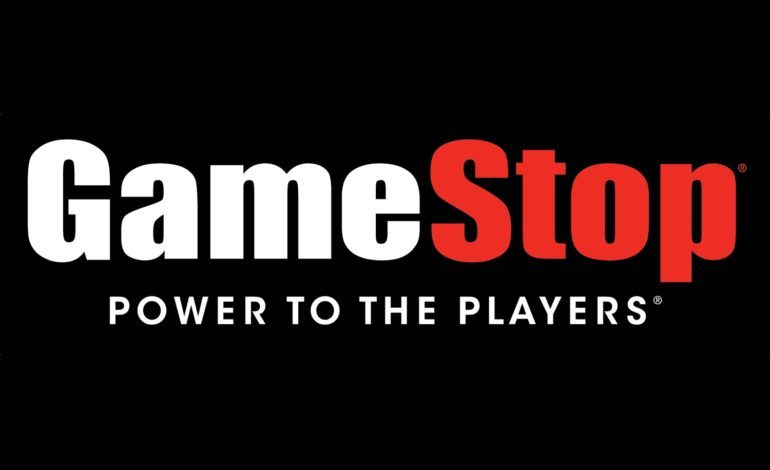

Today, brick and mortar stores are having a difficult time finding an answer to online shopping. This is most prevalent when it comes to video games, especially with digital video games sales and online video game streaming. And if it wasn’t obvious to anyone that stores are indeed suffering, this will make it clear as day for them. Approximately two days ago, it was made known by Reuters.com that video game retailer giant, Gamestop, has been in talks with private equity firms for a potential buyout of the company.
Gamestop themselves have confirmed this in a news release they published one day later which states:
GameStop Corp.(NYSE:GME), today confirmed it is in exploratory discussions with third parties regarding a potential transaction. There can be no assurance any agreement will result from these discussions. GameStop does not intend to make any additional comments regarding these discussions unless and until it is appropriate to do so.
While the announcement isn’t revealing by any means, it shows a behind-the-scenes look of how the once dominating retail chain is coping with the loss of profit. Gamestop has attempted to foil these turn of events by upping the ante with different products in their physical and online stores, such as retro video games, mobile devices, tablets, phones, and even action figures. Despite these changes, it appears that they were all for naught for just last year, the company closed 150 stores nationwide as a result of dropping sales from their fourth-quarter report. In the past twelve months, the companies stock has plummeted more than 32%, bringing their market capitalization to $1.42 billion. In 2007 that number was at $9.4 billion, an approximate $8 billion drop in just ten years.
So what would a buyout mean for the customers? It all depends on who actually makes the purchase for Gamestop, and they could potentially do whatever they wanted with it all the way down to changing the name. It would also mean a large amount of money going into the company that could give them new life to compete on the market. In addition, the company may even be sold and all of its assets liquidated, but the chances of that happening are very unlikely at this time.
It’s important to note that this is all based on conjecture, as nothing has changed since we learned of this two days ago. Nothing is set in stone yet, and talks for a buyout may take a long time, but it’s stories like this that make us take a close look at how the market, for better or worse, is always evolving when it comes to selling/purchasing goods and services.
Play games, take surveys and take advantage of special offers to help support mxdwn. Every dollar helps keep the content you love coming every single day.
